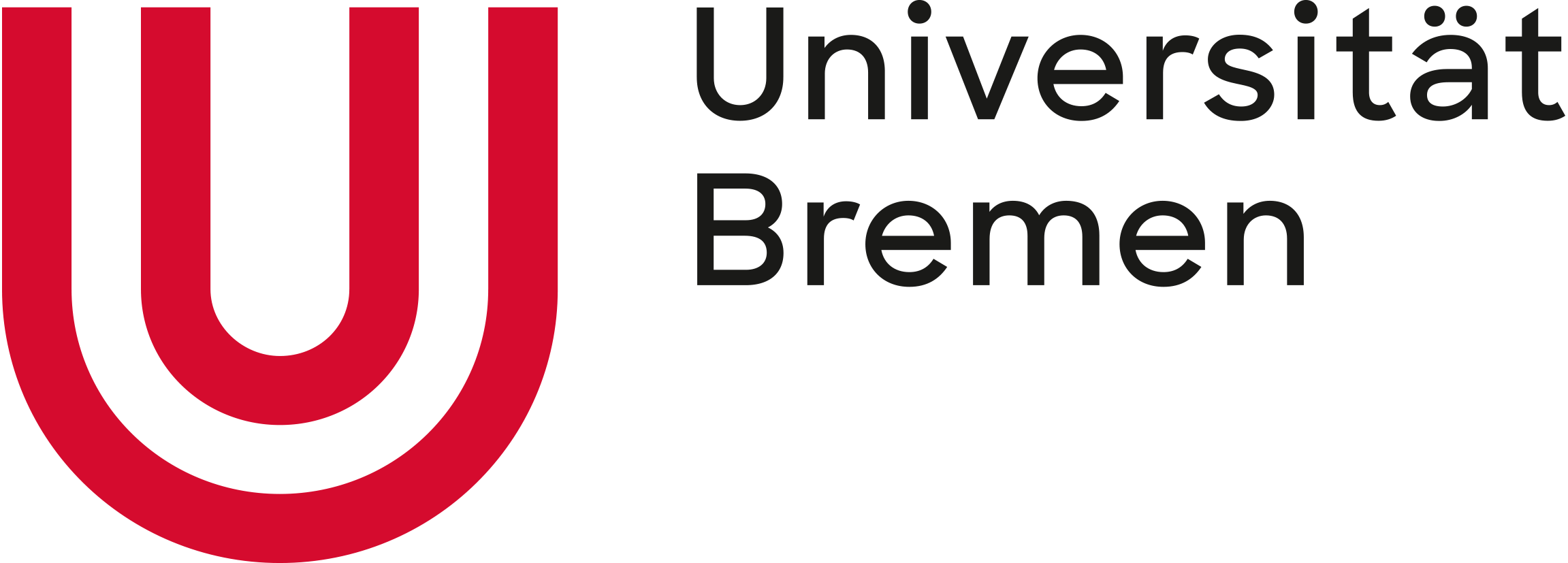Research areas
General Relativity and Quantum Theory
Our current theoretical understanding of the phenomenon of gravitation is mathematically encoded in Einstein's theory of General Relativity (GR). All other fundamental interactions (the electromagnetic, weak, and strong forces) are described in terms of so-called Quantum Field Theories (QFT). These two sets of theories are mathematically and conceptually very different and so far resist all attempts by physicists to combine them into a consistent unifying scheme, despite many decades of hard work. The heart of this difficulty lies in the way GR describes gravity: it ceases to be a "force" in the Newtonian sense, but rather becomes an attribute of the geometry of space and time, the structure and evolution of which is governed by Einstein's field equations. In our group we are concerned with exact solutions to these equations and their global properties. In particular, we are interested in the impact of spacetime geometry onto the dynamical evolution of quantum systems. This, for example, leads us to ask for the extent to which quantum-mechanical systems can be used to determine the geometry of spacetime and whether, in suitable situations, they may even be more effective than classical systems in that regard. An ongoing theme throughout many internationally leading research groups concerns the question whether Einstein's Equivalence Principle, which lies at the heart of GR, can be maintained for quantum systems at all. This question, to which our group made several analytic contributions, will guide our theoretical as well as experimental search within the yet poorly understood realm at the interface between GR and Quantum Mechanics or QFT.
Quantum Communication
Quantum communication promises secure distribution of confidential information based on physical properties of the employed communication channels. This is in stark contrast to classical communication protocols whose security solely relies on the immense effort necessary for the decryption. However, a quantum channel's security only holds in full generality if it is decoupled from the environment. Then eavesdroppers will be detected by the communicating parties. Real communication channels are, of course, always coupled to the environment and the resulting limits to security and capacity can only be quantified or mitigated if this coupling is well characterized and under control. We are particiularly interested in the imprint of relativistic effects on quantum channels, for example, gravitational redshift and effects of spacetime curvature. If not properly taken into account, these effects induce channel losses and may compromise quantum communication channels. Properly taking relativistic effects into account may instead reveal possibilities to probe spacetime properties with quantum communication technology in the context of quantum sensing.
Sensing of Weak Gravitational Effects
High precision sensors for gravity and inertial effects can be employed for exciting applications in fundamental research such as: precision measurements of Newton’s constant G (the least precisely known fundamental constant), searches for short range modifications of gravity (e.g. related to dark energy), tests of the equivalence principle, and the detection of gravitational waves and other general relativistic gravity effects such as the gravitational attraction due to light and ultra-relativistic particle beams. With new and improved quantum sensors, new categories of effects may become accessible, for example, quantum properties of the gravitational field.


 "
"